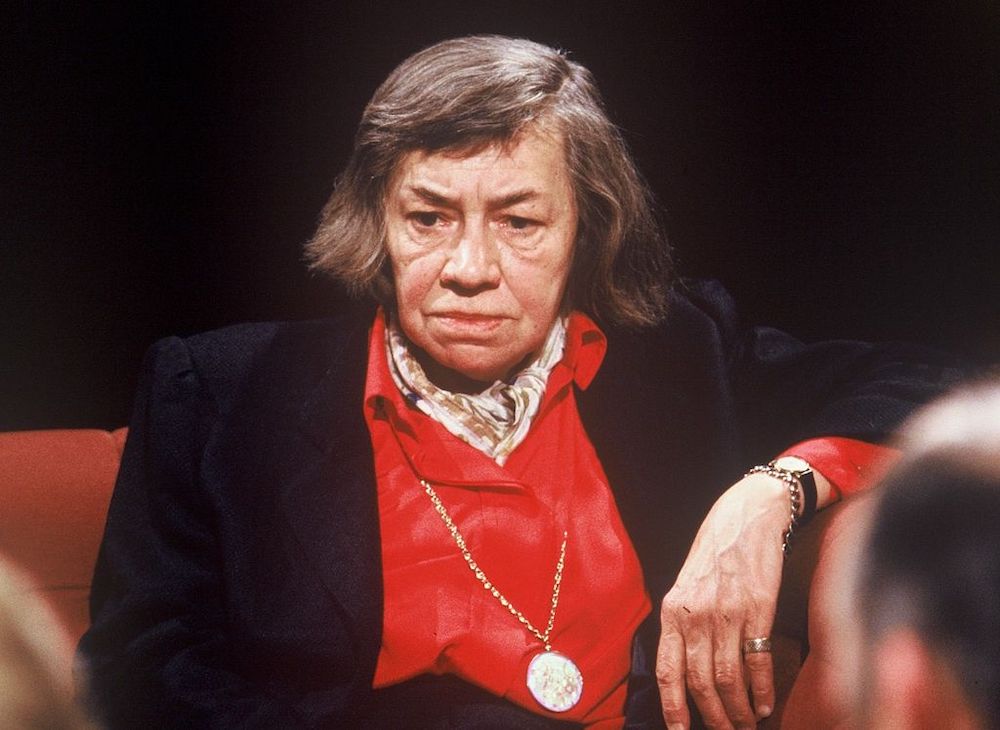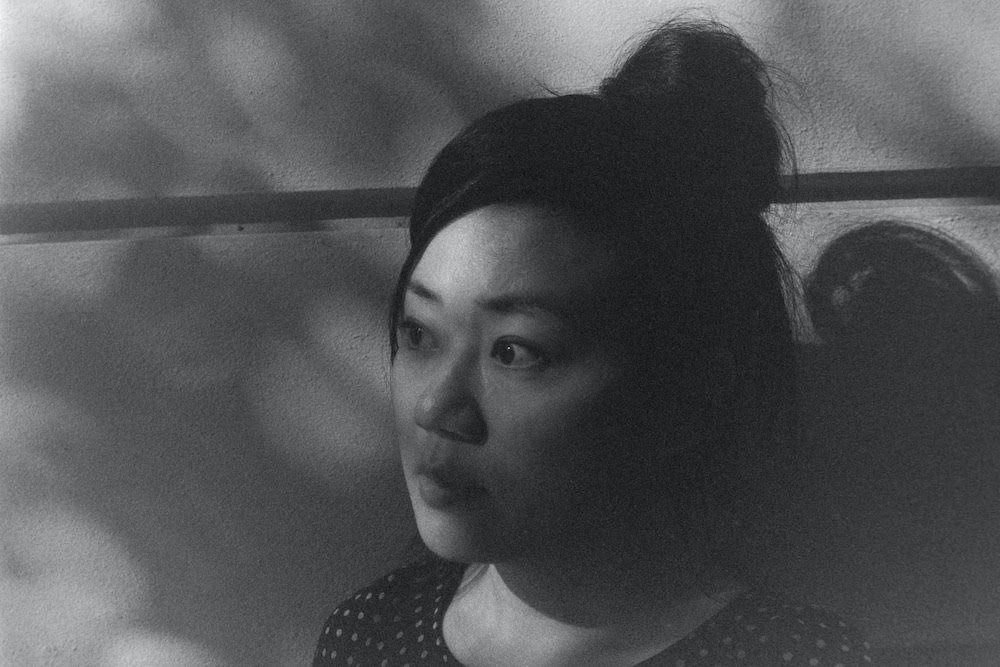The Green Knight offers all the thrilling props a Camelot geek could want: deep-hooded cloaks and pointy headdresses, thatch-roofed hovels and dim stone halls, blue rune tattoos and prayers to the Virgin Mary that seem awfully close to goddess worship. There is wattle, there is daub, and there is an enviable tunic bedazzled in silver votives. Together, all of it forms a dreamlike reflection of a fraught relationship between Christian and Celtic moralities, human beings and the rest of nature. Fans of Loreena McKennitt, Thomas Hardy, and William Cronon, this one’s for you. —Jane Breakell
At a farmers’ market in Saugerties, New York, we bought a pork chop that browned heroically over coals and achieved glory when basted with Dijon mustard in the final minutes of cooking. While the chop rested and we opened another bottle of wine, I thought of Nose to Tail Eating—surely Britain’s most influential contemporary cookbook—and of my introduction to its author, Fergus Henderson, in the pages of Anthony Bourdain’s A Cook’s Tour, twenty years ago. Specifically, I reflected on a statement of Henderson’s, uttered as he and Bourdain contemplated a carefully roasted pig’s head, and felt sure the same was true on our own plate: “This was a happy pig.” —Robin Jones
Mirrors in Mirrors, the 2019 album by the Kyoto-born, Berlin-based classical composer and musician Midori Hirano, has been a frequent source of sound in my household as of late. With its combination of piano, synths, and the occasional recording of rain, it’s the perfect blend of the organic and the electronic for these early autumn days that are slowly turning dreary. —Rhian Sasseen
With his new album For George Lewis | Autoschediasms, Tyshawn Sorey cements his identity as a major composer of contemporary classical music, though jazz—or at least its improvisatory ethos—is ever audible in the periphery. Inspired equally by John Cage, Morton Feldman, Roscoe Mitchell, and John Zorn, the three pieces that make up this double-disc release billow and convulse, shudder and unfurl. In the hour-long “For George Lewis,” dedicated to one of Sorey’s mentors, passages of astonishing beauty rise out of slowly droning musical landscapes—the last five minutes are absolutely transcendent. The two included versions of “Autoschediasms,” one of which was conducted virtually over video chat during the pandemic, are musical collages that survey Sorey’s ever-expanding sound world. This music demands, and generously repays, concentration. —Craig Morgan Teicher
Sixty-four pages into her 1950 debut novel, Strangers on a Train, Patricia Highsmith offers this gem about the menacing, moneyed, lantern-jawed man-child Charles Anthony Bruno: “He remembered one brilliant and powerful thought that had come to him last night watching a televised shuffleboard game: the way to see the world was to see it drunk. Everything was created to be seen drunk.” Delivered just as Bruno is hurtling toward fate, this pair of sentences displays the type of characterization at which Highsmith excels: economically and empathetically revealing the misery that bubbles within even the most contemptible of men. —Brian Ransom

Patricia Highsmith on the television program After Dark, 1988. Photo: Open Media Ltd. CC BY-SA 3.0, (https://ift.tt/nyd3RQ), via Wikimedia Commons.
from The Paris Review https://ift.tt/2Xc04nS


Comments
Post a Comment